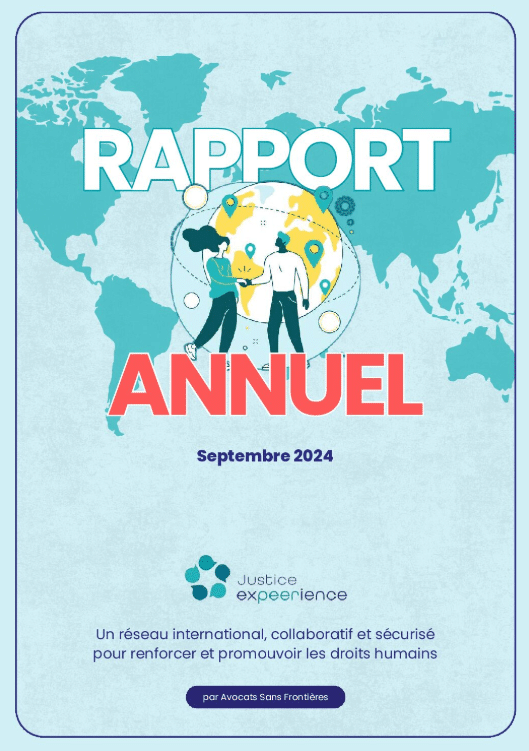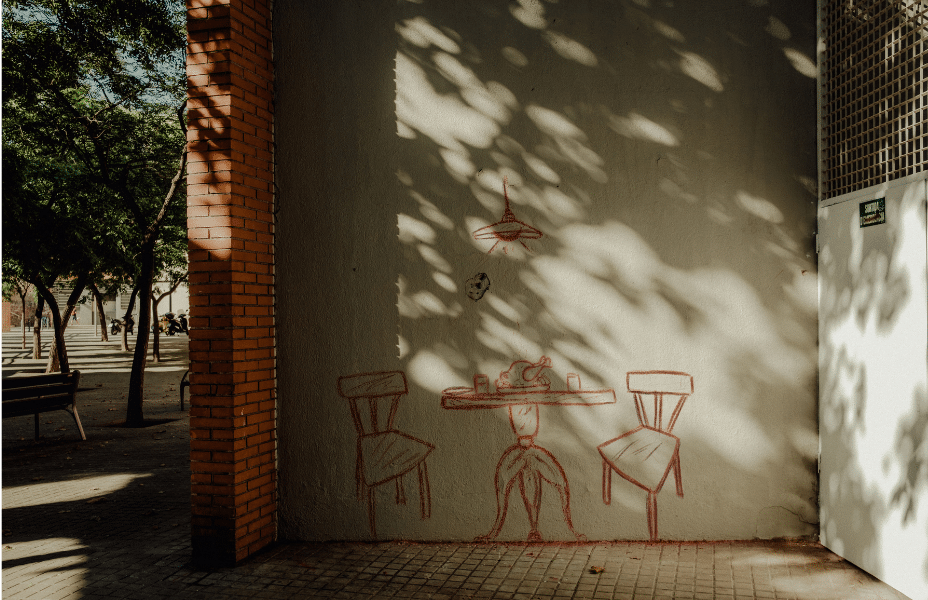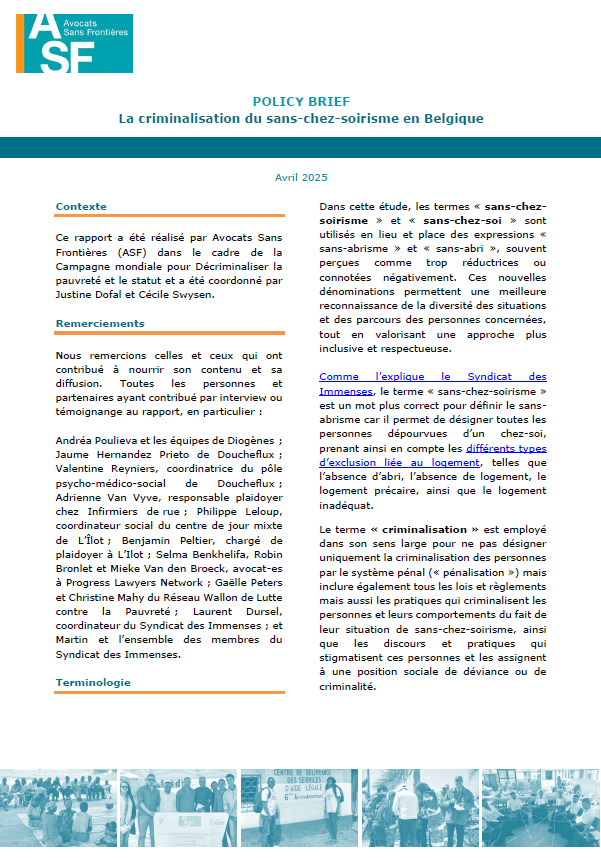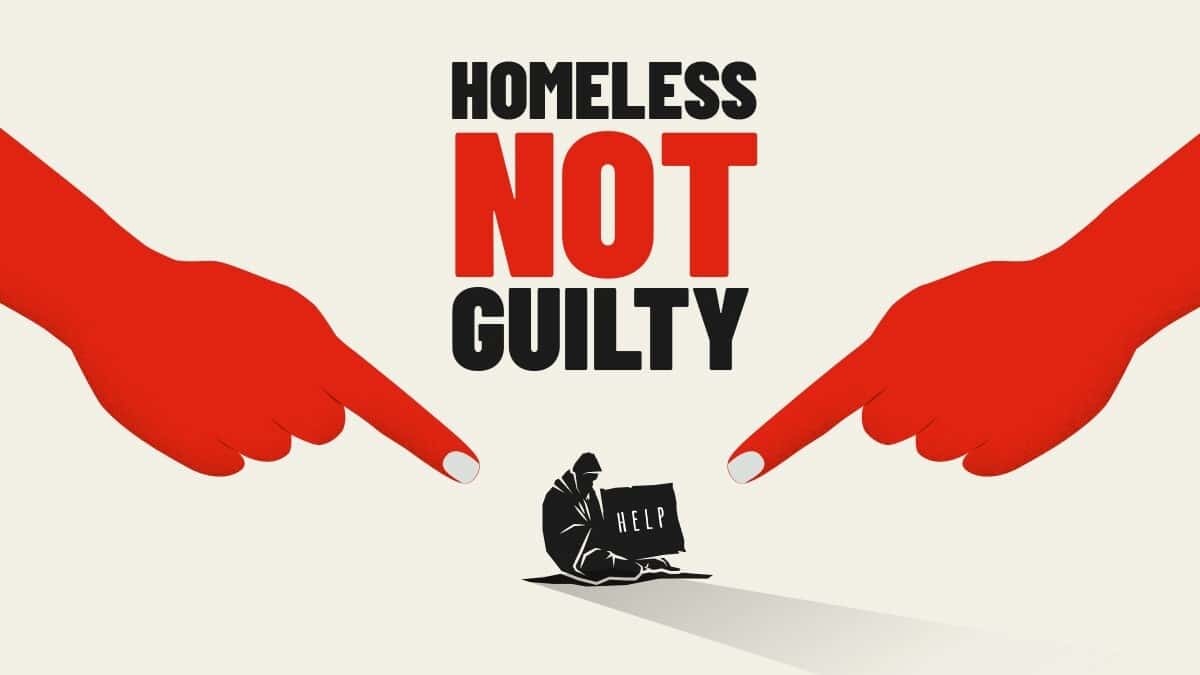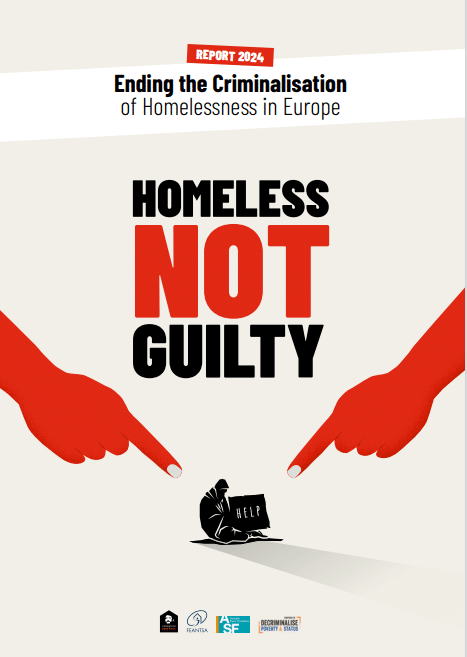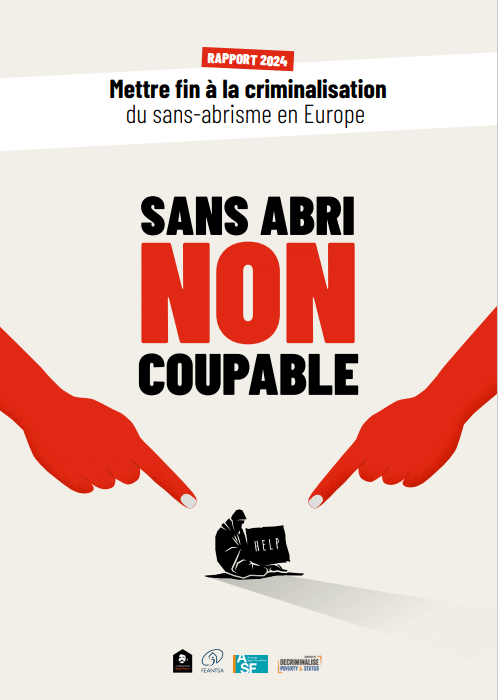Country: Belgium
-
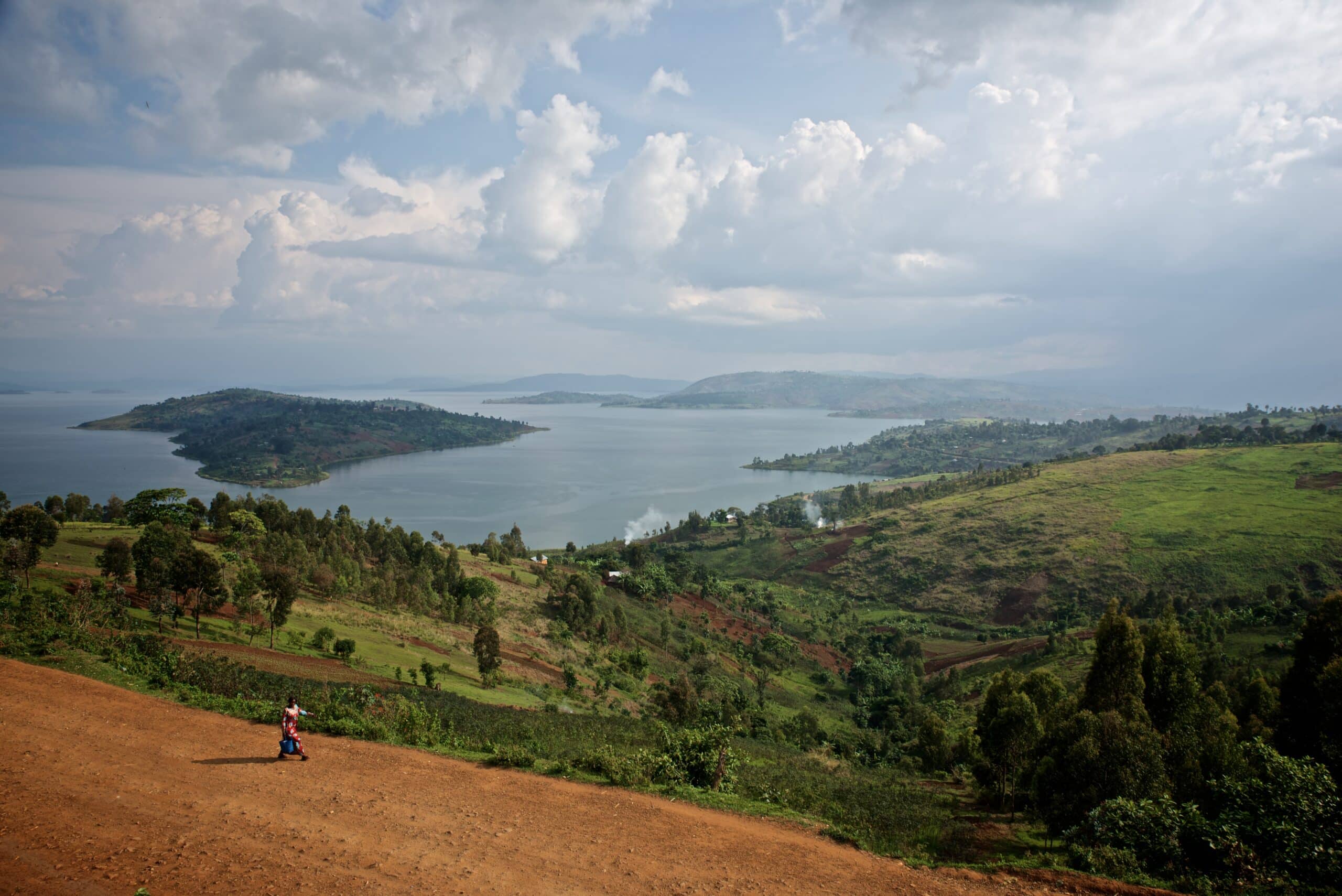
A renewed governance to better represent the mandate and diversity of the organisation
ASF is a constantly evolving organisation. Faced with the growing diversity of its teams, its partners, its actions and the contexts in which it operates, ASF must adapt so that its operations and governance bodies remain in phase with what it is becoming and aspires to become. In 2024, ASF changed its Board of Directors,…
-
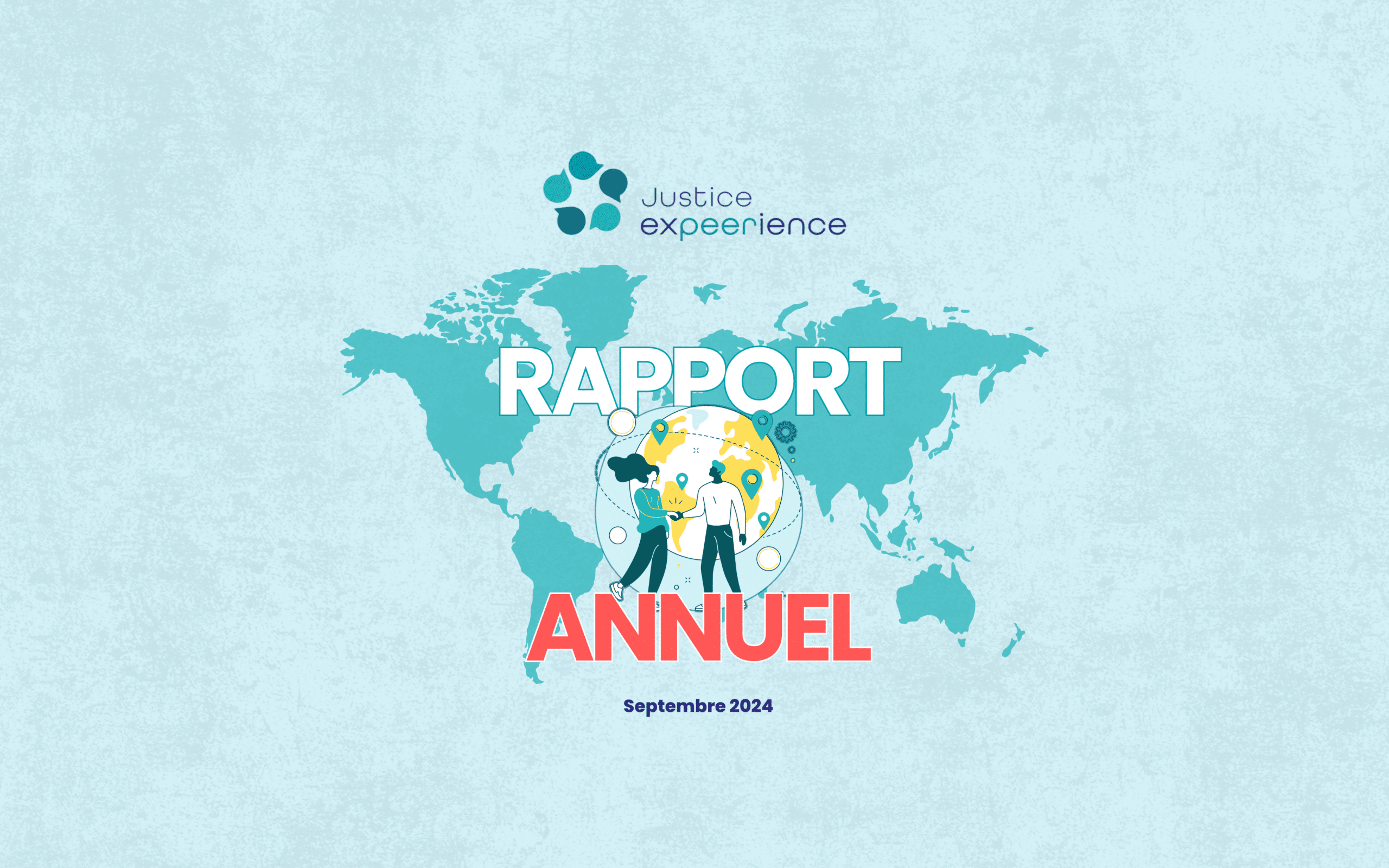
The Justice ExPEERience network keeps growing: evolution and new features
Justice ExPEERience celebrated its 3rd anniversary this summer! To mark the occasion, the network’s coordination team is proud to present the Justice ExPEERience annual report.
-
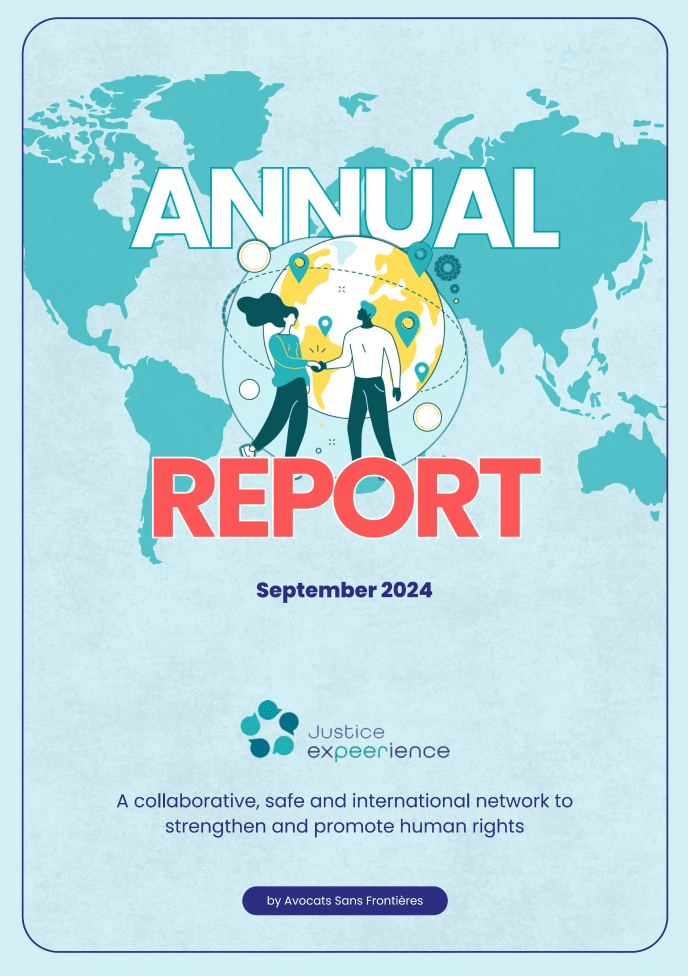
-
